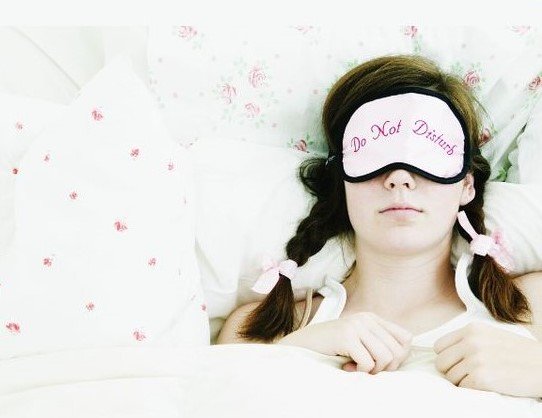
Sleep is often the most neglected part of a person’s overall health. Sleep is important as it enables the body to repair itself and be ready for the day ahead, as well as boosting your productivity and decreasing the likelihood of weight gain and disease.
If you’re finding that the coronavirus pandemic is affecting your quality of sleep, you’re not alone. Here are some ways to help you switch off and get a good night’s sleep during this stressful time.
1. Preventing anxiety
The pandemic has taken a huge toll on people’s mental health, and feelings of anxiety or depression can be detrimental to getting a decent night’s sleep. Socialising can be highly beneficial in combatting anxiety and depression, yet you might find yourself limiting your social contact out of fear of infecting yourself or your loved ones.
If you want peace of mind that neither you nor those you love are in danger, Myhealthchecked provide home covid test kits that can tell you whether or not you have the virus within 48 hours. Taking away this worry will help reduce any feelings of anxiety and in return improve your quality of sleep.
2. Get into a routine
The pandemic has disrupted all aspects of life and you’ve probably found that your work/ school routines have gone out the window. However, whether you’re working remotely or maybe not working at all, it’s still important to try and maintain a sleeping routine and get a minimum of seven hours a night. Our bodies like routine, and so by going to bed and getting up at the same time each day, even on weekends, you will help maintain your body’s internal clock and improve your overall health and mood.
3. Switch off electronics
Limiting your screen time for at least an hour before bed can help your body prepare for sleep. You’ll be avoiding the harmful blue light emitted from your phone as well as any stressful work emails or news stories which may prevent you from drifting off.
In order to achieve the best quality of sleep, your bedroom should be a dark, quiet and relaxing environment so try filling the time before bed that you’d usually spend on your phone with reading or listening to music. Doing this will help you switch off from the day’s events and make falling asleep a more relaxing experience.
4. Less caffeine
From lack of sleep comes that excessive need for coffee. However, if you want to sleep better, you should be limiting the amount you consume and avoid caffeine after 2pm, or at least seven hours before you sleep. Although a coffee after this time might not necessarily affect your ability to fall asleep, it’s likely to cause disruptions during the night, leaving you feeling groggy and unproductive the next morning.
It has been easy to neglect our health this year, but by bettering your sleep habits you’ll help improve your overall physical and mental well-being at the same time. Goodnight, sleep well!
